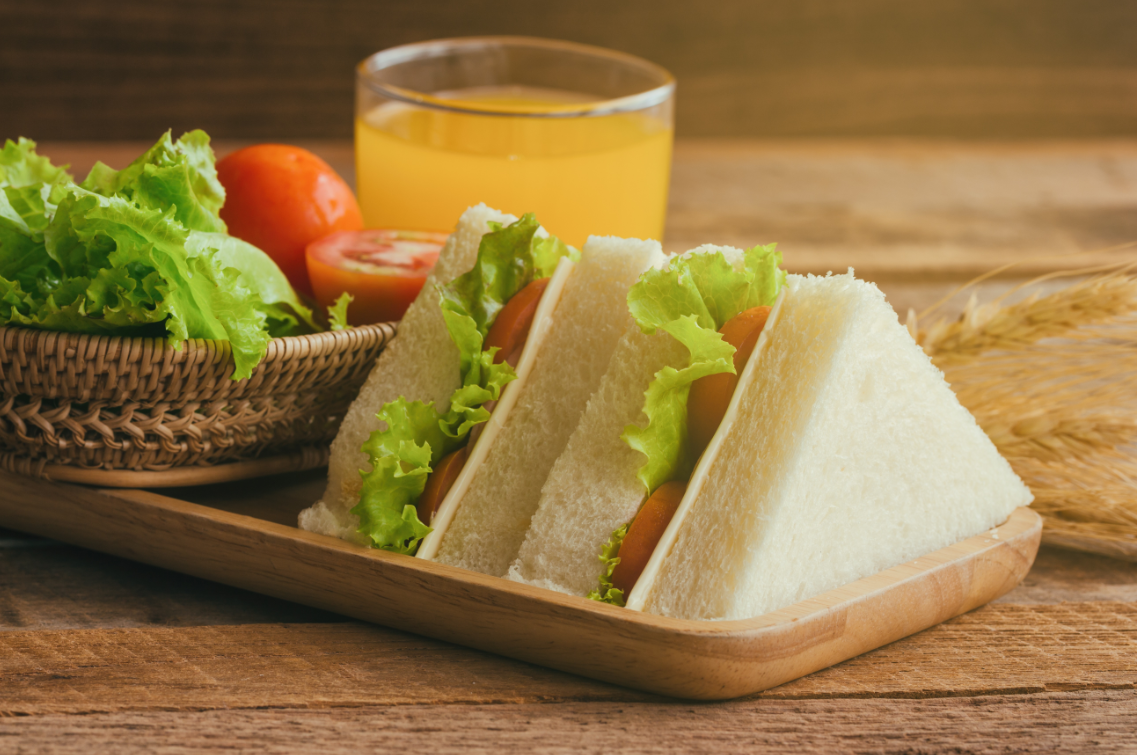White Foods: Worthy or Worrisome?
This New Year, many of us have resolved to live healthier lifestyles, whether by quitting smoking, exercising more or eating a healthier diet. If you’re looking to change your diet or take on a new health trend, you’re probably unsure about which one is best for you.

One trend is to avoid white-colored foods.
Appeals to avoid these foods may have started as a way to encourage people to limit their intake of refined carbohydrates. Some have even called it a diet to prevent diabetes Many low-nutrient, high-calorie foods are made with white sugar and refined flour, including baked goods, sugary sodas and sports drinks. With this in mind, it’s important to remember that the color of food does not automatically qualify it as “junk.”
For example, if you follow the no-white-foods eating plan, you would eliminate parsnips, white fish, onions, cabbage, white beans and many other foods that are usually packed with important vitamins and minerals. While you may want to avoid or limit white sugar, flour, rice and pasta, don’t rule out white-fleshed fruits and vegetables such as apples and cauliflower.
Some White Foods to Avoid
There are some white foods that should be avoided or eaten sparingly, but there are many others that can be nutritious additions to a healthy diet. Remember that regardless of a food’s color, it’s not a healthy choice if the cooking and preparation techniques or serving sizes aren’t good choices.
For several years, the nutritional spotlight has been focused on consuming a “rainbow” of foods. Meaning, the more color a food has, the better it is for you. There are multiple studies that show the health benefits of blueberries, tomatoes and other brightly colored fruits and vegetables. So, try to eat the colors of the rainbow every day.
For a more extensive list of white foods to eat or avoid, click here.

Tracy has more than 25 years experience in the nutrition field and fitness industry. She specializes in diabetes and weight management. She obtained her master’s degree in nutrition and physical activity from James Madison University in Harrisonburg, Va. and her bachelor’s degree in nutrition and kinesiology from Norfolk State University in Norfolk. Tracy is a Certified Diabetes Educator and is a Certified Specialist in Obesity and Weight Management. She created and runs the My Healthy Weigh weight management program for The Lifestyle Health and Fitness Center. She is a member of the Academy of Nutrition and Dietetics and The American Association of Diabetes Educators. Tracy is passionate about helping people to live healthier lives through nutrition and exercise.